IUI vs IVF – Cases, Success Rate and Cost Comparison
“IUI vs IVF – what should we choose?” – This is one of the most frequently asked questions by couples, who want to become parents. However, before they choose a cheaper or easier alternative, it is reasonable to compare both methods and decide which one will have more success. Let`s overview them in detail and find the difference between the procedures, check their cost, and see if they are worth the effort!
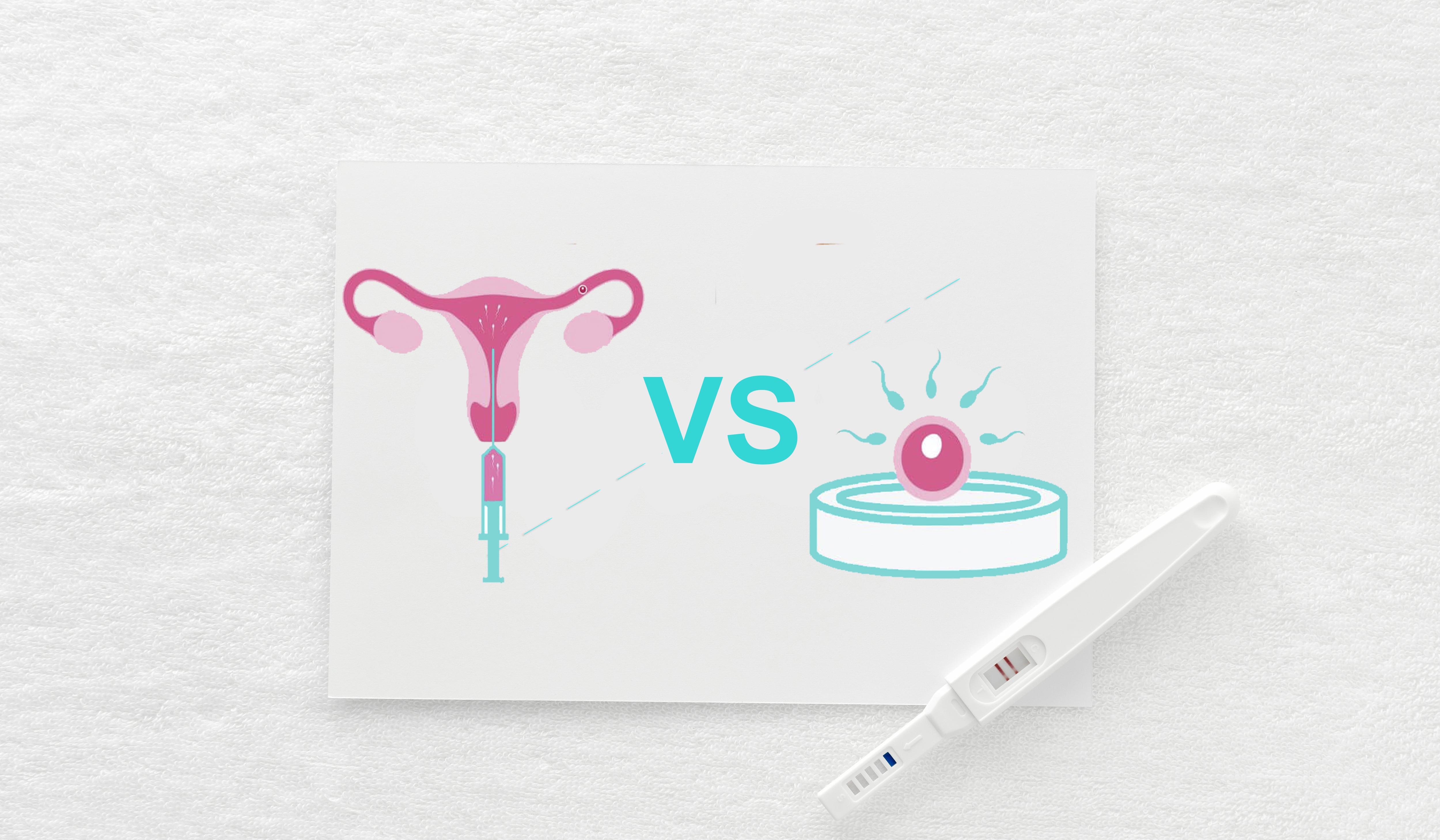
IUI vs IVF – Definitions and Overall Description
Let’s start with the definitions and explanation of how both procedures work. This will help you understand the process and know what to expect.
Intrauterine insemination (IUI)
Intrauterine insemination (IUI) or Artificial insemination is performed by directly injecting sperm into the uterus, cervix, or fallopian tubes. Thus, the woman’s egg fertilizes a pregnancy starts inside the woman’s body.
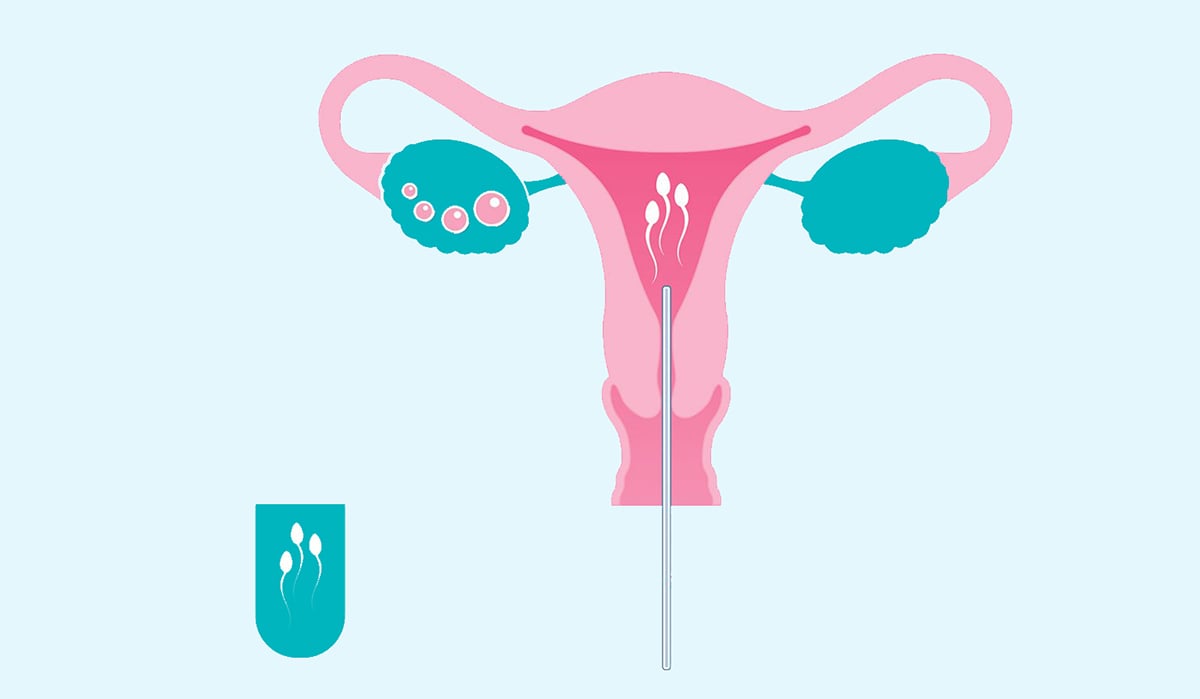
Artificial insemination can help women who cannot become pregnant through regular intercourse. This relates to the case when a man has low sperm motility. Moreover, it can help to get pregnant in the case of endometriosis.
There are several methods of artificial insemination: intrauterine and intracervical. Intrauterine insemination IUI is the most popular and effective one. During intrauterine insemination washed sperm is injected into the uterus via a catheter. In the case of intracervical insemination, unwashed sperm is inserted into the cervix with a syringe.
In some cases, intracervical insemination is accompanied by hormonal injections, which increase the chances of successful fertilization. If artificial insemination does not bring the desired results, alternative methods are recommended for patients, for example, IVF (in vitro fertilization).
In Vitro Fertilization (IVF)
In vitro fertilization (IVF) is the process by which eggs are fertilized outside the woman’s body. After that, they are carried into the uterus. IVF is used when you can not naturally conceive a child.
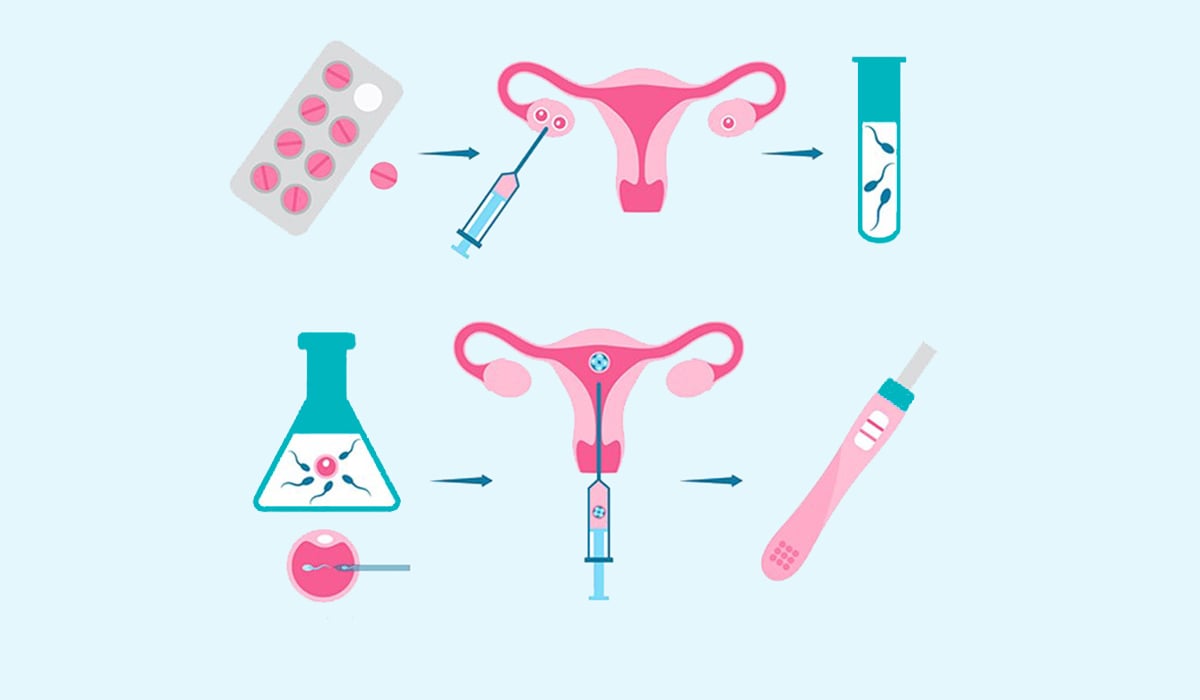
The process starts with hormonal stimulation that helps the women or donor to produce several eggs during one cycle. The eggs mature and then are extracted from the woman’s ovaries. This process is called egg retrieval.
Usually, the surgeon extracts from 15 to 30 eggs. Sometimes a donor provides eggs for IVF. The sperm for fertilization can be taken from a spouse or a donor. Oocytes are fertilized outside the body. After that, a doctor selects the healthiest embryos and place them in the woman’s uterus.
When IUI or IVF Are Recommended or Prescribed?
IUI is useful if the woman’s partner has sedentary spermatozoa, if they are insufficient or if he has other reproductive function abnormalities. IUI insemination is also prescribed for women with endometriosis or reproductive organs disorders.
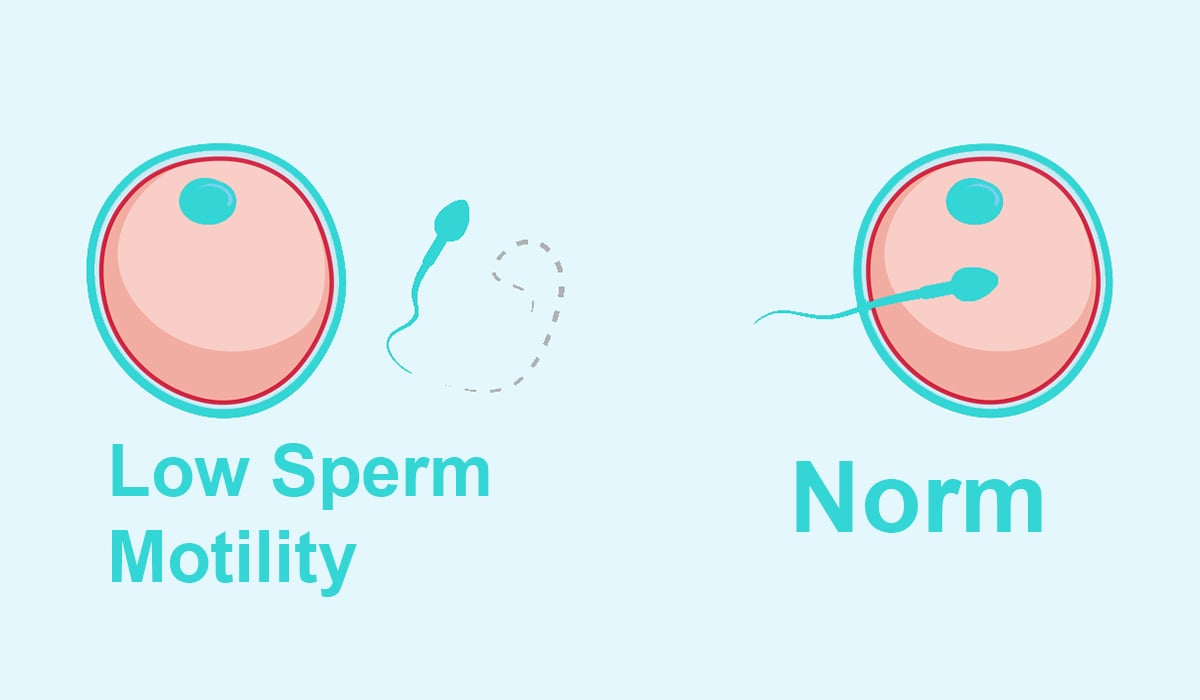
IVF is recommended in case of female infertility caused by damaged or blocked fallopian tubes or impaired ovulation. It is also an excellent solution for older patients who don’t have ovulation due to the menopause but can carry a baby using donor eggs. The probability of success decreases with age. Nevertheless, the maximal recorder age of a woman who had a successful IVF was 66 years.
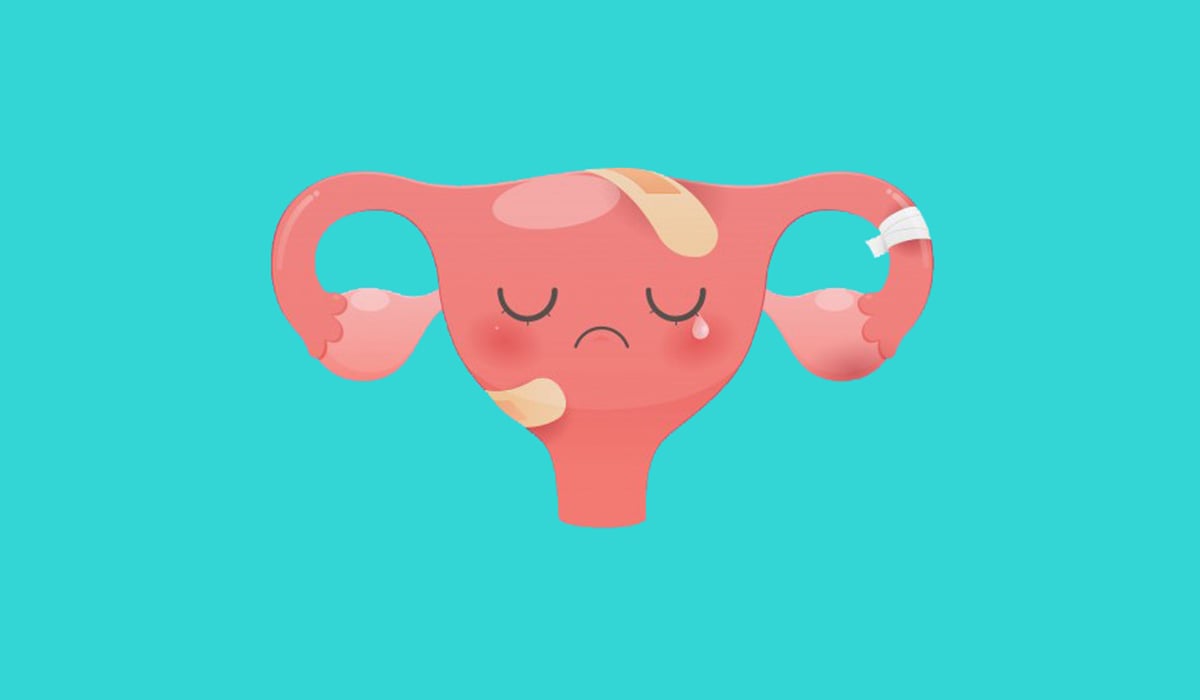
In both cases, it is a must for patients to have a normal weight and a healthy uterus.
Medical Tests and Medications Before the Procedures
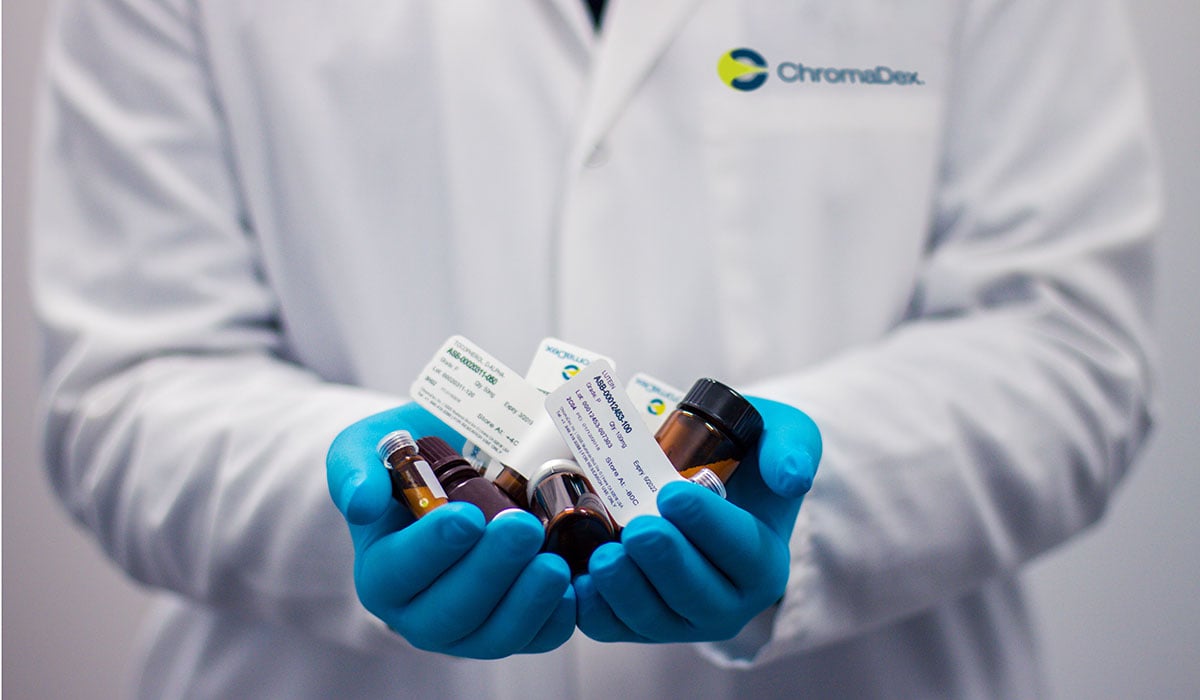
Before IUI the doctor conducts medical testing to check the uterus state and defines the best time for the procedure. When using partner sperm, it is necessary to abstain from sexual intercourse and masturbation for 2-5 days. Thus, the amount of sperm will be enough for a successful IUI. To select the most viable sperm, doctors “wash” it in the laboratory. The women can also use donor sperm. In this case, specialists defrost it or use fresh donor material.
The IVF begins with the hormonal drugs that suppress the menstrual cycle. For this, a patient takes injections or a nasal spray for about 2 days. After that, the woman begins to take a follicle-stimulating hormone (FSH) in the form of daily doses. This hormone increases the number of eggs produced by the ovaries, and the clinic controls the process. The corresponding stage usually lasts 10-12 days. 34-38 Hours before the eggs retrieval, a final injection of the hormone is made. It stimulates the maturation of the eggs.
IUI vs IVF Treatment Process
During IUI the washed sperm is placed in the catheter and manually inserted into the vagina. To increase the likelihood of pregnancy, a woman should rest laying within an hour after fertilization.
During IVF the patient takes hormonal drugs to prepare the uterus for embryo transfer. At the same time, eggs are fertilized in the laboratory, where they mature within 1-5 days. After maturation, doctors choose 1 or 2 embryos for the transfer. Pregnancy is discovered after 9-12 days after the procedure.
IUI vs IVF Duration and Number of Visits to the Clinic
IUI artificial insemination lasts 15 – 60 minutes. It’s one visit to the clinic.
Entire IVF process lasts 2-3 weeks. This is due to the hormonal treatment and the embryo growth time needed. However, the procedure itself might require 1 or several visits to the clinic.
IUI vs IVF Cost – Prices Compared by Countries

| Country | IUI Cost | IVF + Medication Cost |
|---|---|---|
| USA | $1150 | $12000 |
| Thailand | $950 | $10500 |
| Russia (Moscow) | $550 | $6500 |
| Malaysia (Kuala Lumpur) | $550 | $6500 |
| Cambodia (Phnom Penh) | $550 | $6500 |
| Singapore | $1200 | $12000 |
| India | $450 | $4500 |
As you see from the table, the prices for IUI are much lower than IVF due to the less complicating procedure. You can also get a free custom estimate for any of the infertility treatments in your location by contacting our fertility experts. Just send us an email where you mention the procedure, your country, and city. E.g., “IUI cost in China, Bangkok, ” “IVF cost in Turkey, Istanbul.”
IUI vs IVF Success Rates
When comparing IUI vs IVF, success chances are the principal factor. Let’s examine the success rates of both techniques to see if it’s better to start with artificial insemination or skip right to the IVF.
IUI Success Rate
IUI success rate is up to 20% for IUI cycles with fertility drugs, or 4-8% for cycles without medications. It depends on the quality of the egg and sperm, the presence of endometriosis, as well as on age and general health.
When Should I Start with IUI Treatment?
Considering the difference in complexity and cost it is reasonable to try IUI first. It can be useful for patients who:
- have healthy fallopian tubes (at least one should normally function) and uterine cavity;
- can ovulate and have regular menstrual cycles;
- have a sufficient eggs reserve.
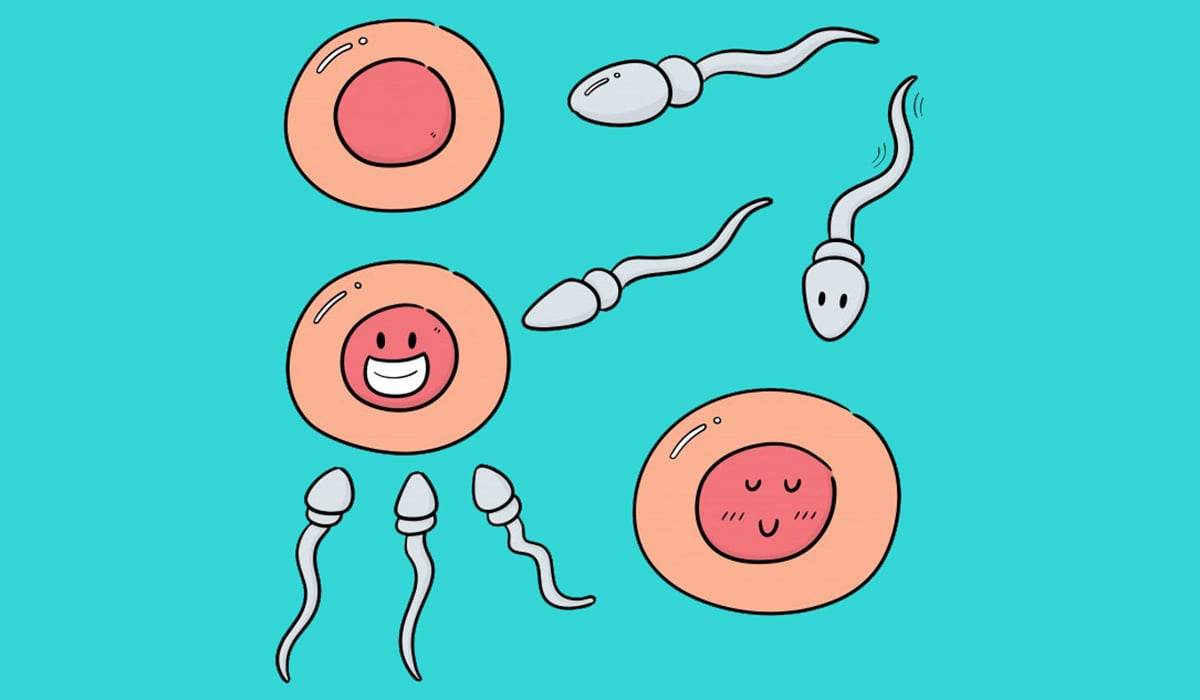
It will be useful for the following cases:
- a woman has mild ovulation or cervical disorders;
- a female partner with mild endometriosis;
- a male partner has mild infertility, e.g., the sperm has low activity;
- a couple uses frozen sperm of a female partner who participated in fertility reservation.
- when donor sperm is used, that is also related to same-sex female couples.
IVF Success Rate
IVF success depends on the age of the patient and the reproductive function of the body. According to the latest research, 30% of all women who undergo IVF successfully get pregnant. At the same time, the rate of live births is slightly less than 25%. Therefore, the success of IVF is 40% for women younger than 35 years, and 11.5% for women older than 40 years.

When Is It Better to Start with IVF Skipping other Treatment Ways?
It is better to go straight to IVF if:
- a female patient is over 40 years old;
- a woman doesn’t have enough healthy eggs, and donor eggs will be used;
- a woman has severe endometriosis;
- both fallopian tubes are blocked or don`t function;
- a male partner has severe infertility or requires ICSI intracytoplasmic sperm injection;
- other infertility treatment methods didn`t have any positive result.
IUI vs IVF – What Are My Chances?
If you want to know more about the success chances of IUI or IVF, use free consultancy with one of our fertility experts. Send us a message with your name, age, location, a number of pregnancy attempts (cycles), and your diagnosis, if there is any. We will advise you the most appropriate treatment that gives the most significant success chances.
